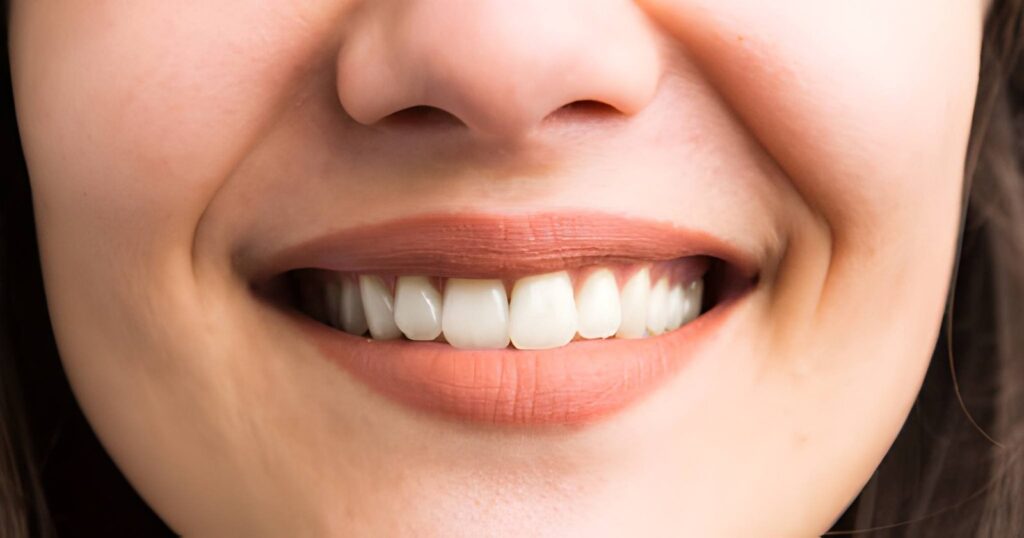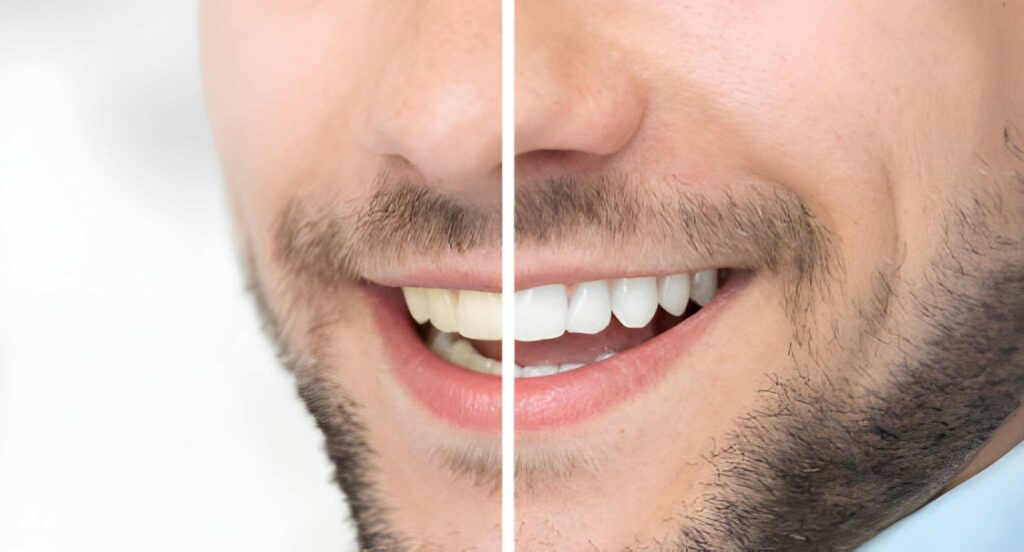A toothache can strike at the most inconvenient times, whether it’s a sharp, throbbing pain or a dull, persistent ache. The discomfort can be unbearable, but there are several ways to find quick emergency toothache relief in Aberdeen. If you need urgent care, an emergency dentist in Aberdeen can provide immediate relief. In this article, we’ll discuss the fastest ways to alleviate toothache pain, including home remedies and tips for long-term toothache relief in Aberdeen.
1. Use Over-the-Counter Painkillers
The fastest way to relieve toothache pain is by taking over-the-counter (OTC) painkillers. Ibuprofen or paracetamol can reduce inflammation and dull the pain. These medications are easy to find at any pharmacy or supermarket and offer quick relief.
It’s important to follow the instructions on the packaging, especially when it comes to dosage. If the pain is severe or does not improve after taking painkillers, it’s a good idea to contact a dentist for further advice.
Do You Have to Pay for Emergency Dentist in the UK?
2. Apply a Cold Compress
Another fast way to stop a toothache is by using a cold compress. This is especially helpful if the toothache is caused by swelling or inflammation. A cold compress helps numb the pain by constricting blood vessels around the affected area, which reduces both swelling and discomfort.
To use a cold compress, wrap ice cubes or a frozen gel pack in a cloth, and hold it against the outside of your cheek near the painful tooth for 15-20 minutes. You can repeat this process every few hours for continued relief.
3. Try a Saltwater Rinse
A saltwater rinse is one of the simplest and quickest ways to ease a toothache. Salt has natural antibacterial properties, which can help clean the affected area and reduce swelling. Rinsing with salt water also helps loosen any debris or food particles stuck between your teeth, which can sometimes cause irritation.
To make a saltwater rinse, dissolve half a teaspoon of salt into a glass of warm water. Swish the mixture around your mouth for about 30 seconds before spitting it out. You can repeat this every few hours for relief.
Will an Emergency Dentist Extract a Tooth?
4. Use Clove Oil or Clove Powder
Clove oil is a natural remedy that has been used for centuries to treat toothache pain. The active compound in clove oil, called eugenol, has numbing and pain-relieving properties. It’s highly effective for providing fast relief from a toothache.
To use clove oil, simply apply a few drops onto a cotton ball or cotton swab, and gently press it against the sore tooth or gum area. If you don’t have clove oil, you can chew on a whole clove and place it near the painful tooth. Just be careful not to swallow the clove.
5. Elevate Your Head While Sleeping
Sometimes, lying down can make a toothache feel worse. When you lie flat, blood rushes to your head, which can increase pressure and pain in the affected tooth. If you’re struggling to sleep due to tooth pain, try elevating your head with an extra pillow.
Sleeping with your head raised can help reduce the pain by preventing blood from pooling around the tooth. This is a simple but effective way to manage discomfort, especially at night.
How to Know If a Tooth Infection Spreads to the Brain?
6. Apply Peppermint Tea Bags
If you have peppermint tea bags at home, they can help soothe a toothache in a hurry. Peppermint contains menthol, which has a mild numbing effect that can help alleviate pain. The warm tea bag also provides gentle heat, which can relax the muscles around your jaw and ease tension.
To use a peppermint tea bag, steep the tea bag in hot water, then let it cool down slightly. Place the cooled tea bag on the sore area for 10-15 minutes. This remedy can be repeated multiple times for continued relief.
7. Garlic for Pain Relief
Garlic is another natural remedy with pain-relieving and antibacterial properties. It has been used for centuries to treat tooth pain and other health issues. Garlic contains allicin, a compound that helps kill harmful bacteria and can also relieve tooth pain.
To use garlic for a toothache, crush a fresh garlic clove to release the allicin, then apply the crushed garlic directly to the painful tooth or gum area. You can also mix it with a pinch of salt for added effect.
Can a Tooth Infection Self-Heal?
8. Avoid Hot or Cold Foods and Drinks
When you’re dealing with a toothache, it’s best to avoid hot or cold foods and drinks, as they can trigger sensitivity in the affected tooth. Extreme temperatures can increase pain and discomfort, especially if the tooth is already inflamed or decayed.
Stick to lukewarm or room temperature foods and beverages to prevent further irritation. Soft foods that don’t require much chewing, such as mashed potatoes or yogurt, can also help you avoid aggravating the pain.
9. Use Numbing Gels or Ointments
If the pain is particularly sharp and you need immediate relief, you can use over-the-counter numbing gels or ointments. These products contain benzocaine, which temporarily numbs the area around the painful tooth, helping to reduce discomfort.
To use a numbing gel, apply a small amount directly to the affected area using a clean fingertip or cotton swab. Be sure to follow the directions on the product packaging and avoid using it on young children under two years of age.
When to See a Dentist
While these remedies can offer quick relief, it’s important to remember that they are not long-term solutions. If your toothache persists for more than a few days or is accompanied by other symptoms such as fever or swelling, you should contact a dentist. Persistent tooth pain may be a sign of a more serious issue, such as a cavity, gum infection, or abscess, which requires professional treatment.
Conclusion
When you’re dealing with a toothache, finding the fastest way to stop the pain can bring much-needed relief. Simple remedies like using over-the-counter painkillers, applying a cold compress, or using natural ingredients like clove oil or garlic can help manage the pain temporarily. However, if the pain continues or worsens, it’s essential to see a dentist to address the underlying cause. Remember, while home remedies are helpful, a dentist can provide the best care for long-term relief and prevent further dental issues.
Get Relief from Tooth Pain at Holburn Dental & Implant Centre
If you’re suffering from a toothache and need quick relief, Holburn Dental & Implant Centre is here to help. Our experienced team offers emergency dental care to treat your tooth pain and get you back to feeling your best. Don’t wait – contact us today for fast and effective treatment. Let us provide the care you need to restore your smile and comfort.
Frequently Asked Questions (FAQs)
How long does it take for a toothache to stop?
The duration of a toothache can vary depending on the cause. Home remedies can offer temporary relief, but if the pain persists for more than a couple of days, it’s important to see a dentist to address the underlying issue.
Can I use a hot compress instead of a cold one?
A cold compress is typically more effective for reducing swelling and numbing pain. However, if the pain is due to a muscle strain or tension, a warm compress can help relax the muscles. Choose the compress based on the cause of your toothache.
How do I know if my toothache is serious?
If your toothache is severe, lasts more than a few days, or is accompanied by fever, swelling, or a bad taste in your mouth, it could indicate an infection or abscess. It’s important to see a dentist for proper diagnosis and treatment.
Can I use these remedies while waiting for a dentist appointment?
Yes, these remedies can provide temporary relief while you wait for your dentist appointment. However, they are not a permanent solution and should not replace professional dental care if the pain continues.
Is it safe to use clove oil for toothaches?
Clove oil can be effective in numbing tooth pain, but it should be used in moderation. It’s important to dilute clove oil with a carrier oil and apply it carefully to avoid irritation. Always consult with your dentist if you’re unsure.




